As pandemic rages, Obamacare on the line at Supreme Court
An estimated 21 million Americans would lose insurance if law is struck down.
With the government in transition and new coronavirus cases surging, President Donald Trump and 18 Republican-led states on Tuesday will ask the U.S. Supreme Court to impose a major disruption to American health care by eliminating the Affordable Care Act in its entirety.
On the line is insurance coverage for millions of Americans; protections for preexisting conditions; mandates for no-cost preventive care and contraceptive services; and a ban on lifetime caps for insurance payouts if you get sick.
"It's really hard to find a precedent of a Supreme Court decision that would have such a sweeping effect on the country," said Larry Levitt, executive vice president for health policy at the nonpartisan Kaiser Family Foundation.
The case is the third existential challenge to President Barack Obama's signature health law to reach the high court, coming just weeks after President Donald Trump appointed Justice Amy Coney Barrett with express hopes that she would vote to eliminate the law.
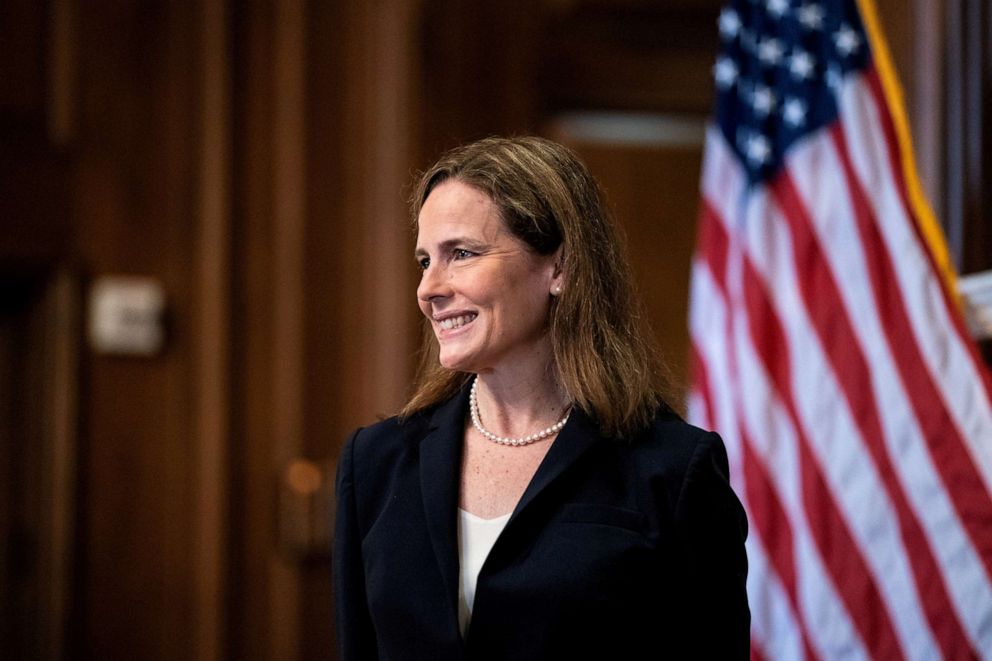
At issue is whether the ACA's individual mandate, requiring Americans to have health insurance, is unconstitutional after the GOP Congress in 2017 zeroed out the financial penalty for going without.
The Supreme Court had previously upheld the mandate on the grounds that it was a tax. But after the penalty went away, two lower federal courts subsequently struck down the mandate as impermissible and called into question whether the rest of the law could stand as a result.
The justices will hear oral arguments via teleconference. Their decision is expected by June 2021.
"The individual mandate cannot be severed from the remainder of the ACA," wrote Trump solicitor general Noel Francisco in his brief to the court. "The entire ACA thus must fall with the individual mandate."
An estimated 21 million Americans would lose health insurance nationwide if the law is struck down, according to an analysis by the Urban Institute. Protections for 54 million people with pre-existing conditions could also suddenly go away.
"We intend to win this," said California Attorney General Xavier Becerra who is leading the effort by 21 Democrat-led states to defend the law.
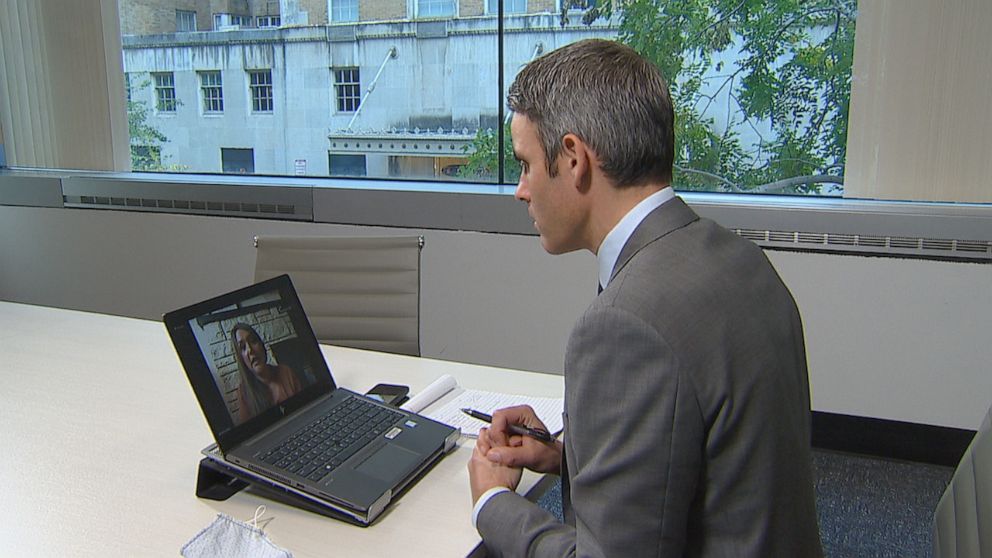
A decision invalidating the ACA would be most acutely felt by the millions of Americans who lost employer-based health insurance during recent layoffs in the pandemic recession and found a safety net in Obamacare.
"It's done me a lot of good, and honestly, I wouldn't have known where to turn or where to sign up for insurance," said Veronica Valdez, a 38-year-old mother of five in San Diego who was recently laid off from her hotel management job and turned to an ACA exchange to purchase a plan.
"The most important thing is making sure we're all healthy, and you never know having kids. You can't take the risk of not having insurance and things happen and accidents happen," said Valdez. "So I got a decent price plan."
Because she's unemployed, Valdez qualifies for premium subsidies under the law, paying just $146 a month for coverage for her family. She could have continued coverage under the plan through her former employer, but that would have cost $880 a month out of pocket, she said.
Nearly 10 million Americans receive financial assistance through the ACA health insurance exchanges. Those subsidies could abruptly go away if the law is invalidated.
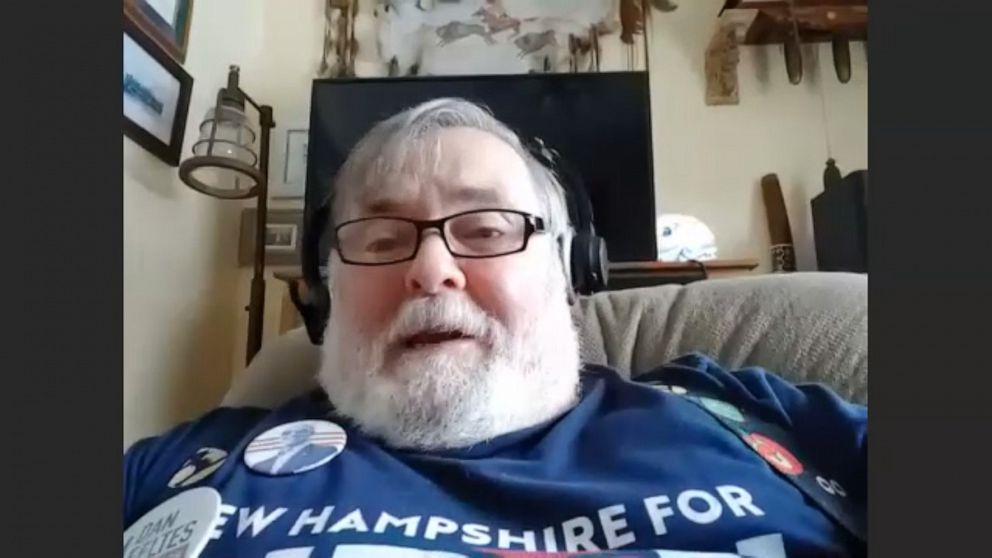
Gene Faltus of New Hampshire, who's battling cancer, cardiac conditions, pulmonary dysfunction and diabetes, said he worries about a return to the time when insurers could deny coverage to people with preexisting conditions or charge them more.
"I would have been excluded. There was no way prior to the ACA that I could have gotten, you know, any sort of insurance if I was suddenly in the position of needing it for lack of employment," said Faltus.
Trump and congressional Republicans have insisted there's no need to panic, even though they have not yet put forward any clear alternative to the ACA, despite repeated promises to do so.
"We'll always protect people with pre-existing (conditions). So, I'd like to terminate Obamacare, come up with a brand-new beautiful health care," Trump said last month during the Nashville, Tennessee, presidential debate. "The Democrats will do it because there would be tremendous pressure on them."
Republicans tried and failed dozens of times since 2010 to repeal-and-replace the health care law. Polls show its benefits are as popular as ever, and some one-time Republican opponents of the law now concede it should be kept on the books, but fixed.
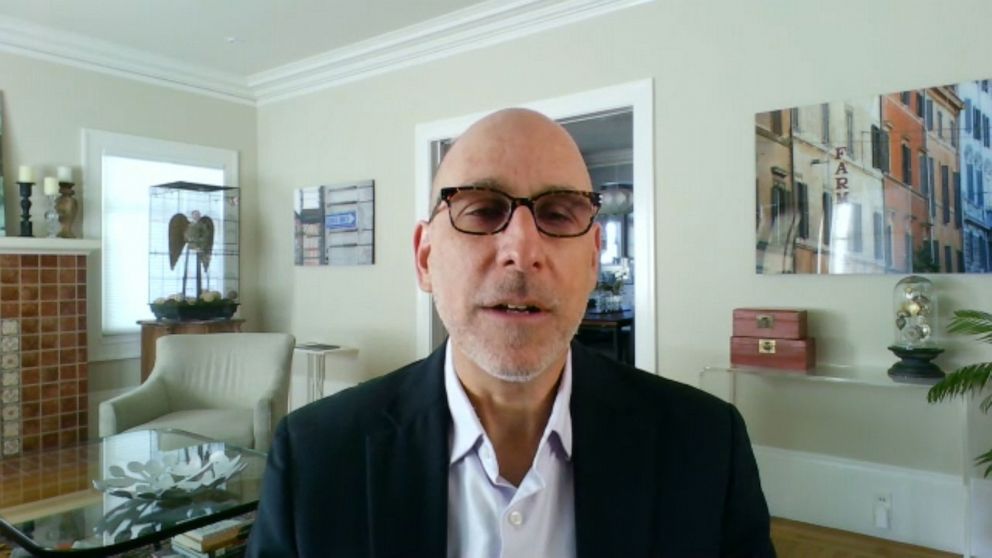
"There are certainly multiple ways to protect people with preexisting conditions. What you can't do is just kind of wave a magic and hope it happens," said Levitt. "It takes regulation and it takes money to make it a reality."
A majority of American voters -- 53% in the 2020 election national exit poll -- said they want the Supreme Court to uphold Obamacare. Just 43% said they'd like it overturned.
"There's no question the ACA has helped a lot of people," said Levitt. "Many more people have gotten insurance, but some people have seen their premiums increase. And certainly people are paying higher taxes to support the law."
President-elect Joe Biden has proposed building on the law by expanding its offer of financial assistance and creating a public option health plan that would compete against other private offerings.
Uncertainty over the health law's future has roiled insurance markets in recent years and instilled deep anxiety in many of its beneficiaries.
"I feel like we're the people whose house burns down every year. You know, we've paid home insurance for years, and they've certainly made money off of us on that," said Christine Callahan of Ohio, whose 13-year-old son Andrew has an undiagnosed genetic condition and requires $7,000 a month in medical care. "And the health insurance? We're a loss leader. But is it fair to say we don't deserve it because we have Andy?"
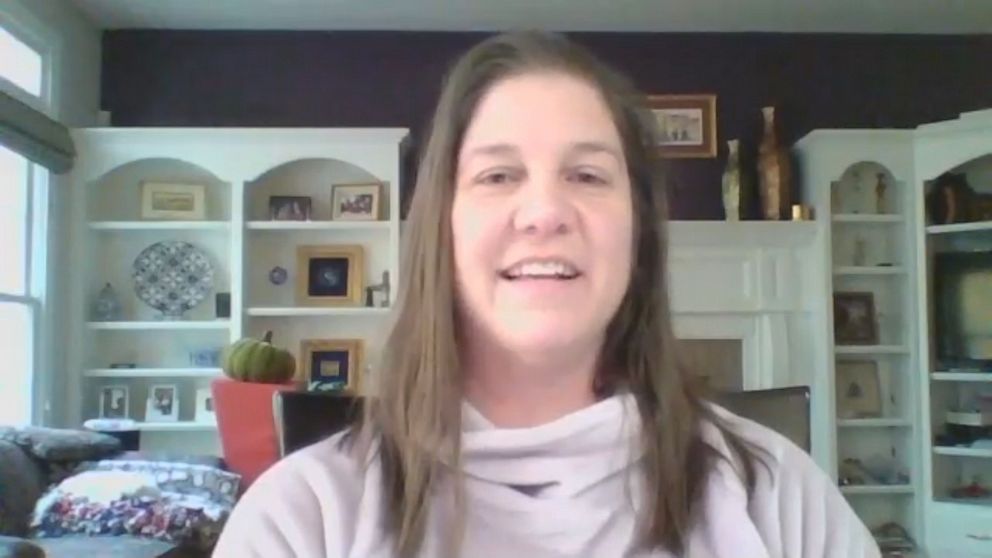
The Affordable Care Act eliminated lifetime caps on insurance payouts, helping stem a tidal wave of personal bankruptcies among families requiring expensive medical care.
"Someone asked me, like, what's my plan like (if the law gets struck down)? And I don't know, because I don't know what the options are going to be, to go back to where we were before," she said.
Also on edge are more 14.8 million low-income American adults who gained health coverage under Obamacare's expansion of Medicaid in 34 states.
"Every day is a struggle to survive," said 23-year-old Lisa Nishimura, an hourly shift worker in New York City. "We don't get enough money to come in, right, and also the benefits as well like health care benefits."
Nishimura said without Medicaid she couldn't afford the treatment she needs for severe chronic depression and PTSD. The ACA requires insurers to treat those conditions equally with others.
"Mental health is just as important as physical health, and it can be the deciding factor between life and death," she said. "Without ACA, without Medicaid, you know, I don't how I would afford those hospital costs."
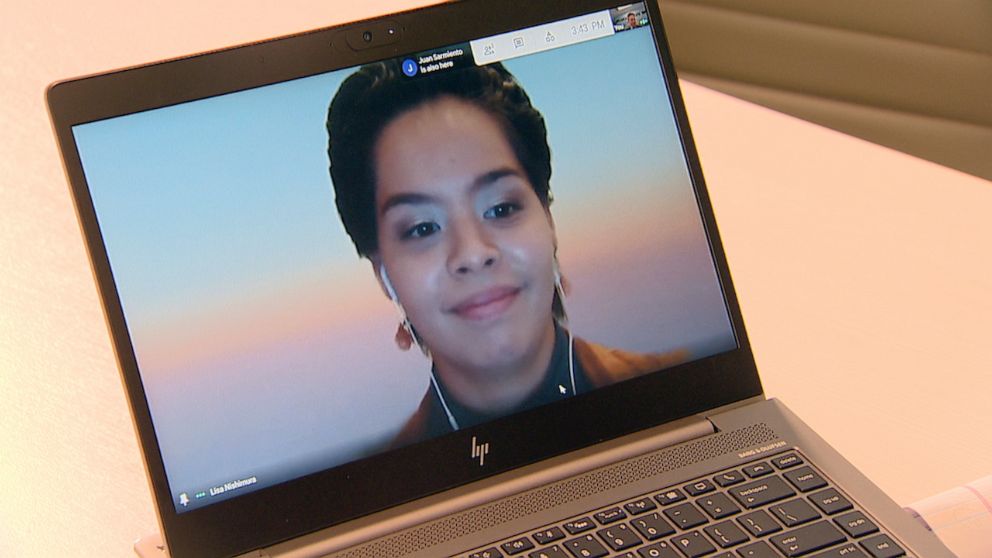
America's health insurance companies have urged the court to uphold the law.
"Make no mistake: Invalidation of the A.C.A. would wreak havoc on the entire health care system," industry group America's Health Insurance Plans wrote the justices in court documents.
Legal arguments in the case will center on two key questions: whether the individual mandate, now without an enforceable penalty, actually harms anyone; and, if it is deemed unconstitutional, whether it can be severed from the rest of the law.
"It will be interesting to see once again the extent to which President Trump's tweets undercut his own administration's legal arguments," said University of Chicago constitutional law professor Jennifer Nou. "The claim of unconstitutionality depends in part on the claim that the mandate still has coercive force. But Trump tweeted, 'I am honored to have terminated the costly unpopular mandate for you.'"
Erin Hawley, a senior legal fellow at the Independent Women's Law Center, said the court's conservative majority will likely frame the issue by asking "Is a tax of zero a tax at all?"
Chief Justice John Roberts in 2012 famously cast the decisive vote to uphold the Obamacare mandate under Congress' legitimate power to tax.
"Roberts is clear that the essential feature of a tax is that it raises some sort of revenue," Hawley said. "The real question here is a question of severability. The (GOP) states say you need to look to the 2010 law by Congress which found the (mandate) provision inexorably linked. On the other hand, the 2017 legislation -- in that case, Congress clearly contemplated the ACA without an enforceable mandate."
"It has been operating without the penalty and by most accounts we haven't seen the death spiral that was feared," added Nou.
Many legal analysts believe the Supreme Court is inclined to rule that the individual mandate is no longer constitutional, but are less certain about whether the justices will move to sever it from the law.
The chief justice and Justice Brett Kavanaugh have signaled in recent months that the court should presume severability of contested provisions of federal law out of deference to Congress, whenever possible. Newly confirmed Justice Barrett has been critical of the constitutionality of the ACA but not spoken or written extensively about the idea of severability.
"I am not hostile to the ACA," Barrett said during her Senate confirmation hearing last month. "The issue in the case is this doctrine of severability and that's not something that I have ever talked about with respect to the Affordable Care Act."
Before the court decides the case, Congress and a newly inaugurated Biden could attempt to make the legal dispute moot. The Democratic-controlled House could seek to reimpose a financial penalty for going without insurance or lawmakers could formally repeal the mandate altogether.
Members of both parties have also spoken about the need to make improvements to the law, but the political divide makes swift action unlikely.
"The thing the ACA didn't do was deal with the underlying cost of health care, which drives insurance premiums up and that has really hit middle class people hard," said Levitt. "I think some way of helping middle class people who have trouble affording health care would be an important improvement to the ACA."
But first, supporters of Obamacare say, the law needs to survive the latest test at the Supreme Court.
"I think I'm a realist," said Faltus. "What I am optimistic about is that we will find a way around it. Whatever the constitutional issues are, we will find a way around it that I'm optimistic about. I'm optimistic that there'll be such an outcry from the country demanding it. People have gotten used to the ACA."




